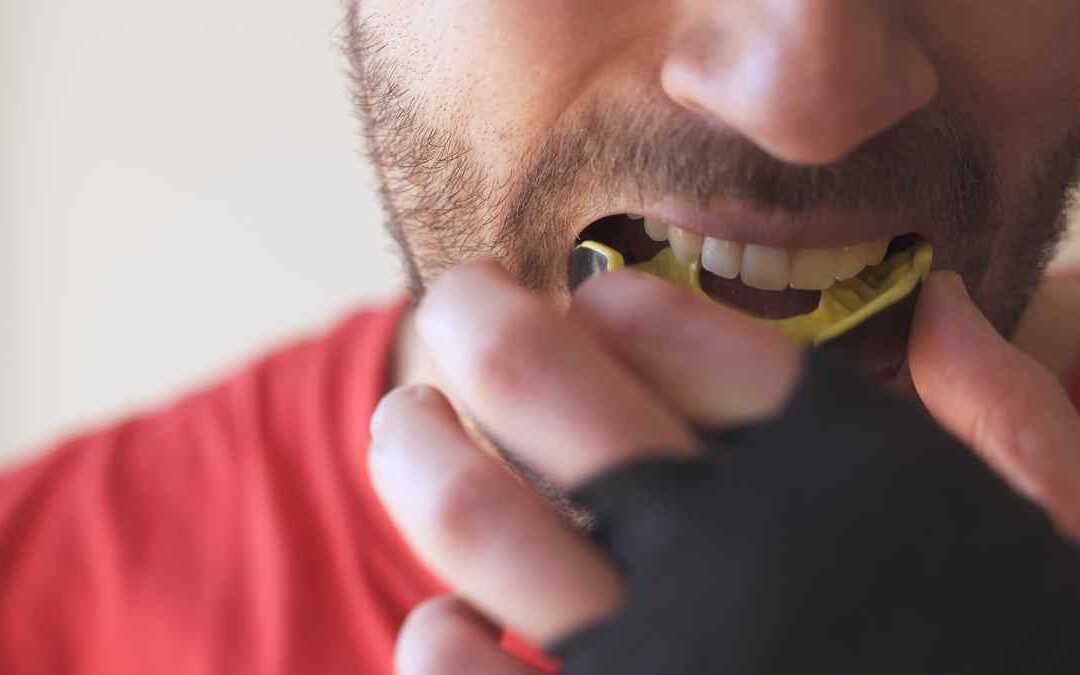Concussions are a major concern in contact sports, and athletes are often advised to wear protective equipment to minimize the risk. One common device used is the mouthguard, which is primarily designed to protect teeth but is sometimes believed to prevent brain injuries as well. With more people turning to custom solutions, demand for high-quality Mouthguards in Dubai has grown rapidly. While these devices certainly play an important role in oral protection, the debate remains about whether they actually reduce the risk of concussions.
Understanding concussions:
A concussion occurs when the brain experiences sudden movement within the skull due to a blow, collision, or impact. This movement disrupts normal brain function and can cause headaches, dizziness, confusion, memory loss, and in severe cases, long-term cognitive issues. Unlike dental injuries, concussions are internal injuries that cannot be visually detected without medical examination, making them particularly difficult to manage.
The primary role of mouthguards:
Mouthguards are primarily designed to protect the teeth, gums, and jaw during physical activity. They absorb and distribute impact forces, reducing the chance of broken teeth, lacerations, or jaw fractures. In sports like boxing, rugby, and hockey, athletes rely heavily on them to preserve dental health. While their role in concussion prevention is debated, no one questions their effectiveness in preventing dental trauma.
How mouthguards might reduce concussion risk:
The theory behind mouthguards and concussion prevention lies in their ability to act as shock absorbers. By cushioning the jaw and reducing force transmission to the skull, they may lower the impact that reaches the brain. Although they cannot eliminate concussion risk completely, they can potentially reduce its severity. For athletes in high-contact sports, every additional layer of protection matters.
Scientific studies on the topic:
Research has produced mixed results on whether mouthguards directly prevent concussions. Some studies suggest that athletes who wear properly fitted custom mouthguards experience fewer head injuries compared to those with generic or no protection. Other studies, however, argue that there is no statistically significant link between mouthguards and concussion reduction. The consensus is that while they may help to a degree, they should not be seen as a foolproof solution.
Custom vs. store-bought mouthguards:
The effectiveness of a mouthguard in any protective capacity depends largely on its fit and quality. Custom-fitted mouthguards, made by dental professionals, adapt to the athlete’s unique bite and provide maximum stability. Store-bought options, while cheaper, often lack the precision needed for optimal protection. Athletes serious about safety are increasingly choosing professional solutions.
- Custom mouthguards: tailored fit, maximum comfort, higher durability, and better impact absorption.
- Store-bought mouthguards: affordable, quick purchase, but less effective in both comfort and protective function.
Mouthguards and jaw stabilization:
Another way mouthguards may indirectly reduce concussion risks is by stabilizing the jaw. When the jaw is clenched during an impact, force transmission to the skull can increase. A well-fitted mouthguard positions the jaw in a safer alignment, potentially minimizing force transfer. This indirect benefit makes them an essential tool in sports with frequent high-intensity collisions.
The psychological benefit of wearing mouthguards:
Beyond physical protection, mouthguards provide psychological reassurance for athletes. Knowing that their teeth and jaw are better protected encourages players to perform with confidence. This mental edge is valuable in competitive sports where hesitation can lead to injury. Although this does not directly affect concussion prevention, the sense of safety contributes to overall athletic performance.
Expert opinions from sports dentistry:
Dental professionals emphasize that while mouthguards are excellent for oral protection, they should never be marketed as guaranteed concussion prevention tools. Instead, they should be viewed as part of a wider safety strategy, which may include helmets, proper training, and strict adherence to safety rules. In regions like Dubai, dental clinics offering advanced sports dentistry often educate athletes on realistic expectations when investing in Mouthguards in Dubai.
Integrating mouthguards into overall safety protocols:
Athletes are safest when mouthguards are combined with other protective equipment and injury-prevention strategies. Strength training, neck exercises, correct playing techniques, and protective helmets are all vital components. Relying solely on a mouthguard for concussion protection is risky, but including one as part of a broader approach maximizes safety.
The growing demand for mouthguards in sports:
With heightened awareness of sports-related injuries, demand for mouthguards has surged globally. In competitive sports communities, including those in Dubai, custom mouthguards are increasingly seen as a necessary investment rather than an optional accessory. They not only protect oral health but also contribute to athletes’ peace of mind, especially in high-contact sports.
Why quality and fit matter most:
The effectiveness of a mouthguard comes down to quality and proper fitting. A poorly designed or ill-fitting product can do little to protect the wearer and may even cause discomfort or breathing difficulties. For athletes, investing in professional-grade protection ensures both safety and performance, making it worth the additional cost.
Final Thoughts:
While mouthguards play a vital role in preventing dental injuries, the evidence on their ability to prevent concussions remains inconclusive. They may reduce risk indirectly through shock absorption and jaw stabilization, but they are not a replacement for other protective measures. Athletes should view mouthguards as one part of a comprehensive safety strategy. For those seeking the highest standards of protection and comfort, investing in custom Mouthguards in Dubai ensures maximum effectiveness, durability, and peace of mind both on and off the field.

